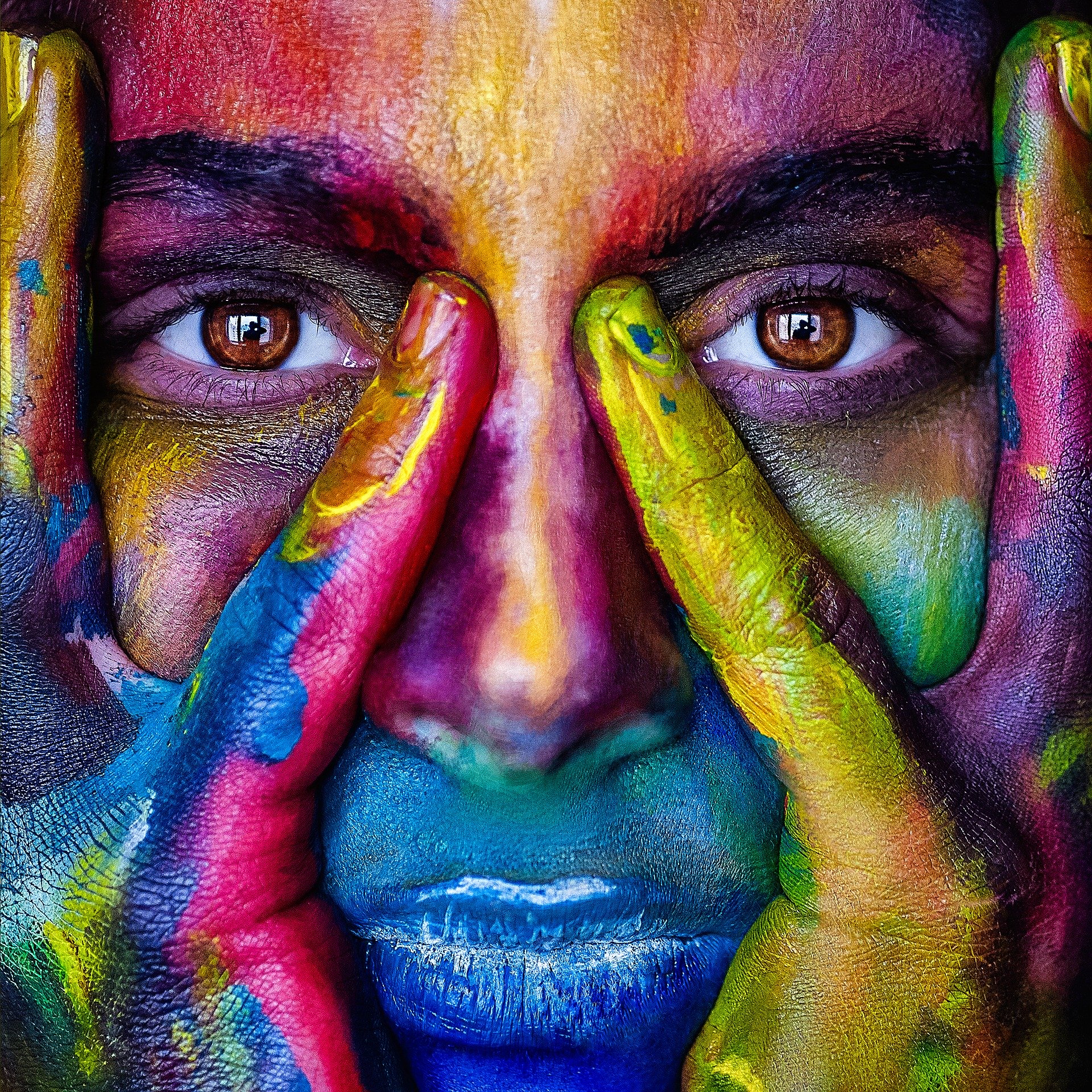When growing up in a South-Asian household, you become accustomed to a debating culture where inconsequential debates give off blistering heat yet absolutely no light. The diversified content of these debates can constitute a myriad of theses or become the fodder for television anchors to feed on but consequently reach no substantial conclusion. However, the world over the recent and renewed debate about alleged racism has significantly polarized entire communities where a clear divide on the anti-racism and pro-racism cannot be ignored.
Being defined by the color of one’s skin where “fair and lovely” is a sentiment that astonishingly has a cult-following in South-Asia is owed much to the 200 years of British rule on the subcontinent where the slave mentality and the British-complex has been deeply rooted in the mindsets of the people who subconsciously, and often consciously, ridicule a dark-skinned person and consider beauty standards to be defined by the fairest skin. Your success in life, your confidence, who you marry, and how seriously you’re taken in society has less to do with your talents and education and more to do with the skin-tone you carry and the religious or cultural sect you belong to.
Hence, it comes as an amusing shock when this part of the world posts black images on Instagram and tweets #BlacklivesMatter. Not to belittle the sentiment associated with the social media postings since the world over, everyone was moved when George Floyd’s murder video surfaced on the internet and essentially re-sparked the much-needed demand for equality. Witnessing on screen and on social media, how the world took to the streets to demand justice for the brutality and murder of George Floyd is an event that has triggered a series of the largest and most aggressive protests that demanded radical change in the system. But the shock triggered by this is substantiated by identifying the hypocrisy it is aligned with when it comes to this part of the world.
It is not to suggest that in certain circumstances, systematic racism can be discernible as individual discrimination. Nevertheless, closely observing racial discrimination by viewing it in terms of isolated events bars one from completely comprehending racism as it exists – in the most prevalent system: society. Simply, understanding the system entails that one magnifies this opinion to account for society’s influences on what comprises as ‘acceptable’ thought process and what is absolutely rejected as ‘intolerable.’ When society practices certain traditions as intolerable but then supports a contradictory concept to become part of a global trend, it can then be easily discerned as being hypocritical. Identifying this and recognizing where society is faltering is the first step to unlocking the power to diversity.
Defining Allyship and What It Means to Be An Ally
Allyship is defined as a lifelong process of building relationships based on trust, consistency and accountability with marginalized individuals and/or groups of people while discovering yourself and building confidence in others. This essentially means that an individual is not just tolerant to another person’s individuality but also consciously accepts the person entirely irrespective of his/her belief system, ethnicity, color, caste, race, economical standing and sexual orientation. Being an ally entails that constant effort and support is made to include diversified groups of people into a setting and provide consistent encouragement by recognizing systematic societal inequalities and reducing discriminations.
Implementing allyship is the key and has less to do with simply sharing opinions in debates and social media forums. Though, recognizing and calling out inappropriate behavior has to be the first step, it shouldn’t be the only step. Practical demonstration of allyship is what can essentially redefine how society functions and subtly, move it in a progressive manner to abandon traditions it considers acceptable and genuinely reforms itself by practicing the culture of inclusion for all.
Let’s Make A Better World For All
Imagine a world where we exist as equals – where we are judged by our character and by the compassion we show and not by the color of our skin, or the caste we belong to or by our gender or our sexual orientation. We can make that world – it is not a distinct dream and only requires a change of perspective. Where man has landed on the moon, technological advancements in AI have redefined healthcare systems, genetic engineering has reshaped modern science amongst other incredible human achievements – why is it not possible then to break the vicious cycle of hatred and discrimination and simply just change our outlook towards life and people? Eliminating social hierarchy that has benefited only a certain class of people and harmed millions in unimaginable ways is possible – recognize societal flaws, change your perspective, learn to accept people for who they are and consequently, create a better world for all.


